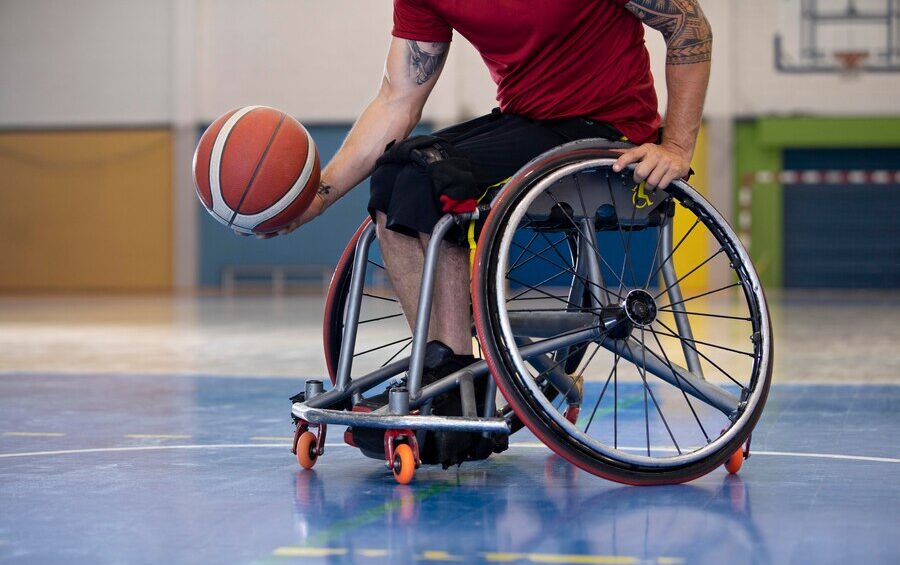Introduction
Muscular Dystrophy (MD) is a group of genetic disorders that cause progressive muscle weakness and loss of muscle mass. Over time, individuals with MD may experience difficulty walking, standing, or even performing everyday tasks. Understanding Muscular Dystrophy, its challenges, and the available support services can help individuals lead independent and fulfilling lives.
At Careable, we specialize in providing NDIS-funded services for individuals with MD, including therapy coordination, assistive technology, daily living support, and community access . Our goal is to help participants maximize their abilities, enhance independence, and engage in their communities .
Types of Muscular Dystrophy
Muscular Dystrophy includes various types, each with unique symptoms and progression rates:
Duchenne Muscular Dystrophy (DMD)
Affects mostly boys and leads to rapid muscle degeneration, often requiring mobility aids.
Becker Muscular Dystrophy (BMD)
Similar to Duchenne but progresses more slowly.
Limb-Girdle Muscular Dystrophy
Affects the muscles around the shoulders and hips, leading to difficulty standing and walking.
Facioscapulohumeral Muscular Dystrophy (FSHD)
Affects muscles in the face, shoulders, and arms, gradually impacting mobility.
Congenital Muscular Dystrophy
Present at birth, causing muscle weakness and potential breathing and feeding difficulties.
Symptoms and Effects of Muscular Dystrophy
Symptoms of MD vary based on the type but generally include:
- Progressive muscle weakness and loss of mobility.
- Difficulty walking, frequent falls, and muscle stiffness.
- Weakness in arms, legs, and core muscles.
- Breathing difficulties and potential heart complications.
- Fatigue and limited endurance for physical activities.
- Curvature of the spine (scoliosis) in some cases.
How Careable Supports Individuals with Muscular Dystrophy
Careable provides comprehensive NDIS-funded services to assist individuals with Muscular Dystrophy in achieving independence and improving their quality of life. Our services focus on mobility support, therapy, assistive technology, and community participation.
✅ Assistance with Daily Living (ADL)
✅ Supported Independent Living (SIL)
✅ Assistive Technology Support
Conclusion
Muscular Dystrophy presents unique challenges, but with the right support and therapies, individuals can enhance their independence and participation in daily life. Careable is committed to offering NDIS-funded services that empower individuals with MD to reach their full potential.
📞 Contact Us
If you or a loved one needs NDIS-funded support for Muscular Dystrophy , reach out to our team today.
📞 Call us: 1300 DECIDE
📩 Email us: cx@careable.com.au
🌐 Visit us: [www.careable.com.au]
FAQs
Can individuals with Muscular Dystrophy live independently?
Yes, with the right support, including SIL, therapy, and assistive technology, many individuals with MD can live independently.
What therapy is available for MD?
Physical, occupational, and respiratory therapy help maintain mobility, posture, and breathing function.
How does NDIS help individuals with MD?
NDIS provides funding for therapy, assistive technology, home modifications, and community participation.
What assistive devices are available for MD?
Wheelchairs, braces, voice-activated devices, and home automation tools help improve mobility and independence.
How do I apply for NDIS support for MD?
You can apply through the NDIS website or contact Careable for assistance in navigating the process.






